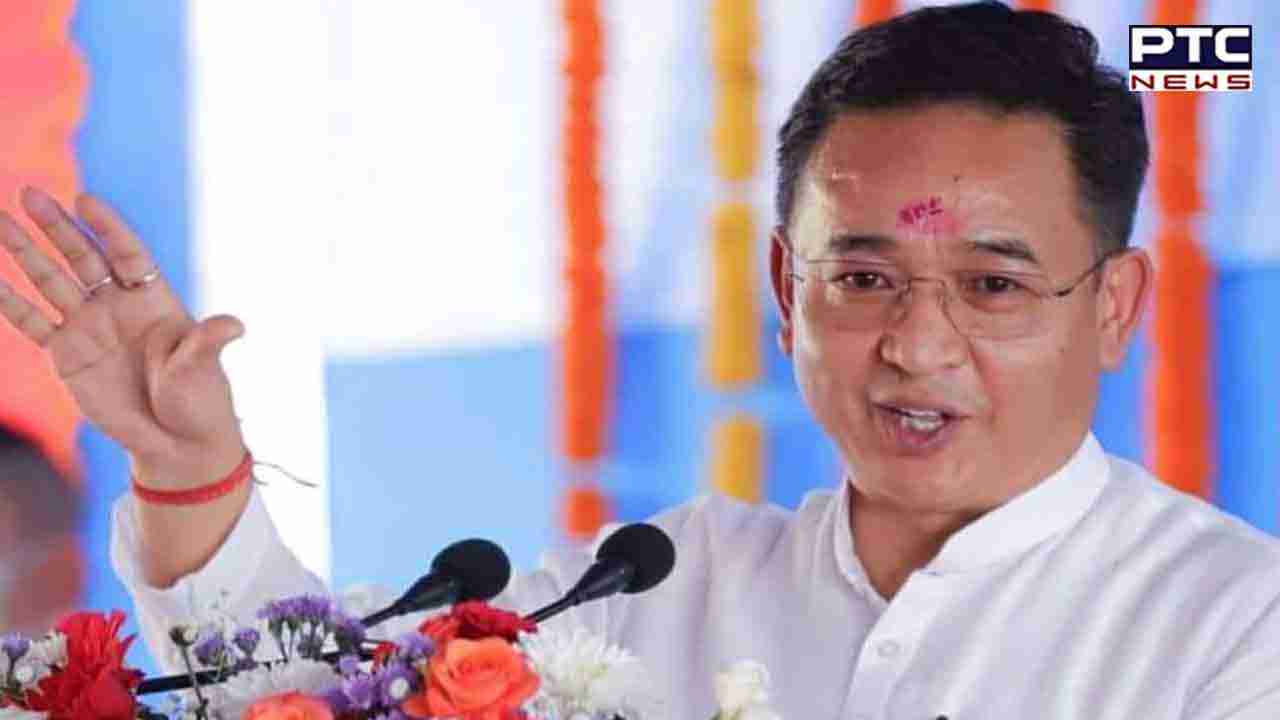New mothers to get 12-month maternity leave, fathers one-month paternity leave; deets inside
Gangtok, July 27: In a significant and progressive step towards promoting work-life balance and family support, Sikkim Chief Minister Prem Singh Tamang has announced to grant 12-month maternity leave and one-month paternity leave to government employees.
Notably, this policy change showcases the Sikkim Government's commitment to the well-being of its employees and acknowledges the importance of parental responsibilities in an individual's life.
The decision to extend maternity leave to 12 months is a substantial improvement over the existing provision of six months under the Maternity Benefit Act, 1961. By providing this extended period of paid leave, the Sikkim Government aims at recognising the crucial role of mothers in nurturing and raising their children during their early developmental stages.

This additional time off work allows new mothers to recover from childbirth, focus on their child's health and care, and establish a strong bond with their newborns without compromising their financial stability.
Moreover, introducing one-month paternity leave is a commendable move that demonstrates Sikkim's commitment to gender equality and shared parenting responsibilities. This provision enables fathers to actively participate in childcare duties, which not only strengthens the father-child bond, but also promotes gender equality in parenting roles.
For Sikkim's government employees, this new benefit is a much-needed respite, allowing them to balance their professional and personal lives more effectively. The extended maternity leave will alleviate the stress and pressure that working mothers often face during the early months of parenthood. On the other hand, the introduction of paternity leave recognises the significance of fathers' involvement in child-rearing, enhancing family bonds and creating a nurturing environment for children.
As Sikkim boasts the lowest population in India, this policy change would help the state to address the unique needs of its citizens.